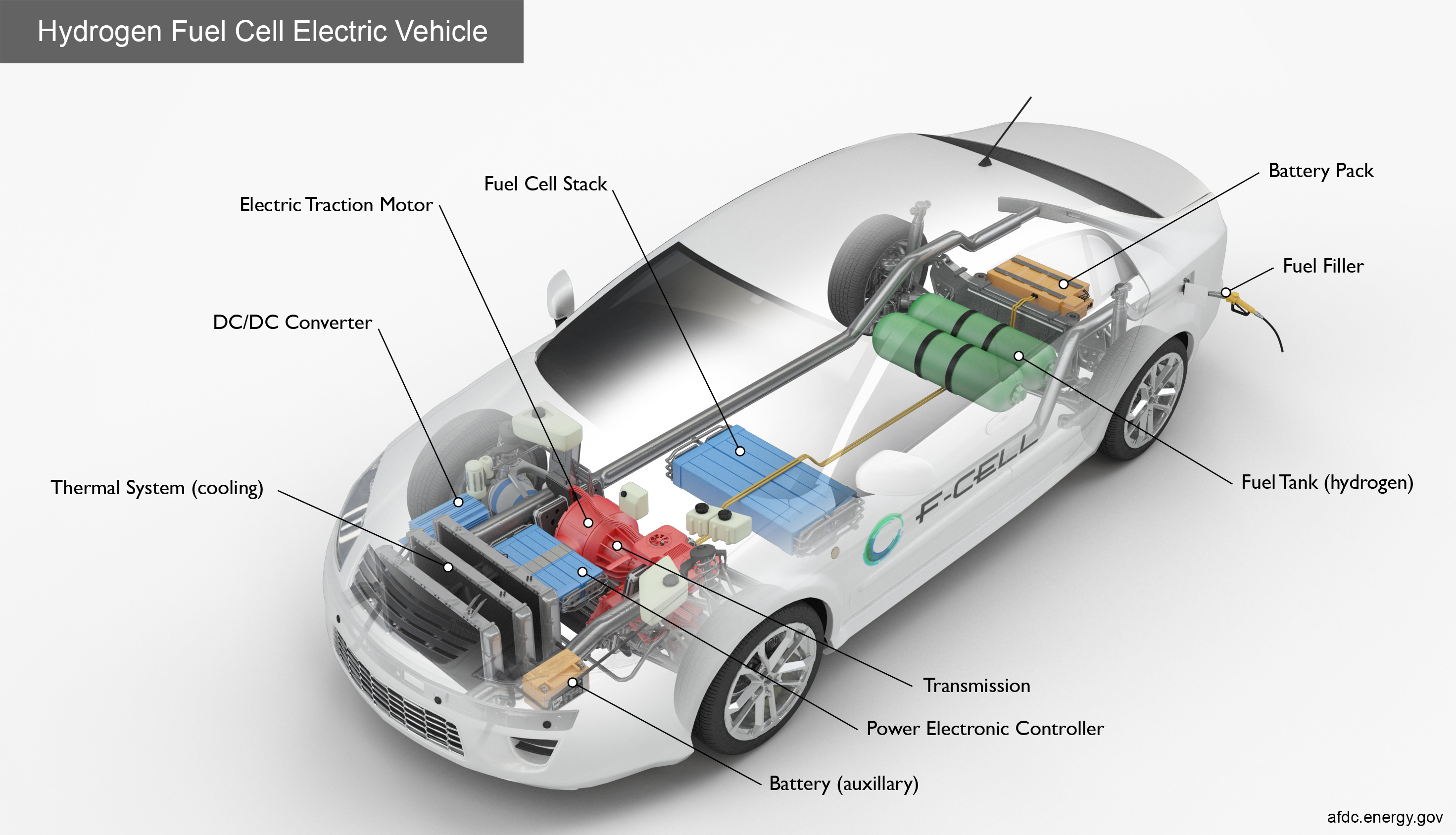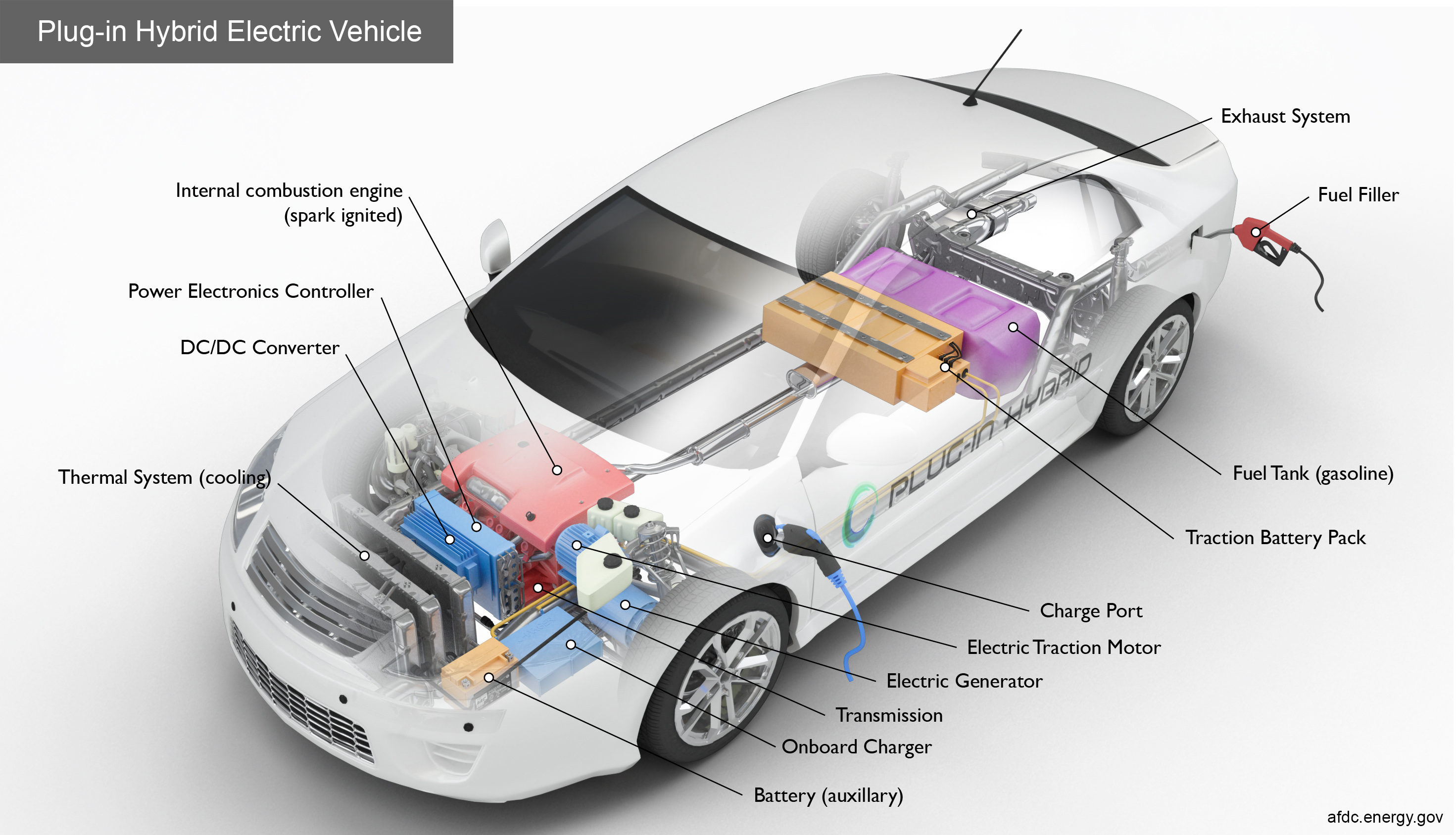Rematec Amsterdam 2023 is almost upon us! Technology trends like electrification and alternative zero emission solutions can be considered among the current main topics about automotive. Following the recent decision by UE to allow e-fuels, together with electric, for selling vehicles after the ban on ICVs in 2030, the automotive sector is studying all the possible solutions in terms of alternative fuels and zero emission systems. The event in Amsterdam (27 – 29 June 2023) will give space to a panel on the use of e-fuels, biofuels, hydrogen, and plug-in hybrid: what type of technologies are available for zero emission vehicles?
E-fuels
E-fuels, such as e-kerosene, e-methane, or e-methanol, are created by combining hydrogen produced from renewable or CO2-free power with CO2 emissions that have been absorbed. When used in an engine, the fuels emit CO2 into the atmosphere. The green alternative, however, ensures that these emissions are equal to the quantity of carbon dioxide removed from the environment to manufacture the fuel, making it ultimately CO2-neutral. Battery-electric vehicles (BEVs) are the key strategy, most major automakers are relying on to reduce CO2 emissions from passenger automobiles. However, e-fuels are defended by suppliers and oil companies as well as a number of automakers who don't want their vehicles to be burdened by massive batteries. E-fuel production is not yet scaled up. The first commercial plant in the world, financed by Porsche, debuted in Chile in 2021 with a goal of producing 550 million litres annually. Other plants include Norsk e-Fuel in Norway, which will start producing in 2024 with an emphasis on aviation fuel.
Pros and cons
E-fuels may be utilized in today's ICE vehicles and transported using the same logistics systems for fossil fuels, which is good news for manufacturers of ICE components and businesses that carry gasoline and diesel. Supporters claim that e-fuels provide a way to reduce CO2 emissions from our current fleet of passenger cars without completely switching to electric cars. Critics draw attention to how expensive and energy-intensive it is to produce e-fuels. According to 2021, research published in the Nature Climate Change journal, using e-fuels in an ICE car requires around five times more renewable electricity than operating a battery-electric vehicle.
Major oil and gas companies, including ExxonMobil and Repsol, as well as large German car components suppliers like Bosch, ZF, and Mahle, are members of the eFuel Alliance, an industry lobby group. Most automakers, including Porsche and Mazda, are in favour of the technology. HIF Global, a manufacturer of e-fuel, is owned by Porsche. In addition to investing billions in battery-electric technologies, BMW has invested $12.5 million in the e-fuel firm Prometheus Fuels. Mercedes-Benz and Volkswagen are two more automakers who are betting on battery-electric cars to reduce carbon emissions. Recently, Volvo and Ford encouraged EU nations not to back down from the 2035 phaseout of new petrol and diesel vehicles.
Biofuel
Because they burn more cleanly and produce less emissions than petroleum, biofuels are a practical substitute for oil. It is described as fuel produced from microbial, plant, or animal components, most of which would be considered trash. Different types of biofuels exist. For instance, biodiesel is a fuel additive that can replace petroleum to lower carbon emissions and improve fuel efficiency. Because it is independent of petroleum, renewable diesel is a reliable biofuel. Chemically, it is identical to diesel made from petroleum. This indicates that it doesn't need to be combined with petroleum to power motors on its alone. The use of biofuel in vehicles is essential for reducing emissions. Almost all diesel engines can be converted to run-on biodiesel.
Additionally, some local government cars are powered by biodiesel. For instance, in some US communities, including the Chicago Park District, cars are powered by biodiesel made from recycled cooking oil. This gasoline is a better choice than pure petroleum fuel because it burns cleaner and is compatible with a range of on-road passenger cars, trucks, and commercial vehicles. As we move away from solely using petroleum as fuel, its ability to blend with petroleum gives it a rapid, safe, and clean way to reduce carbon emissions.
Renewable diesel functions similarly to biodiesel and can be used in any diesel-powered engine. It does not freeze at lower temperatures, unlike biodiesel, and is compatible with the current diesel engine infrastructure. In comparison to biodiesel, it is also more effective at reducing emissions per litre.
Low carbon fuel requirements' impact on biofuels
Therefore, the use of renewable diesel to power automobiles on the road and fuel commercial vehicles is beginning to grow. It is also on the verge of becoming one of the alternative fuels of the future. The fight against carbon emissions will continue to use biofuels as a key strategy. The significance of biofuel in fostering a more sustainable future will only increase as different types of it become more popular and easily accessible.








